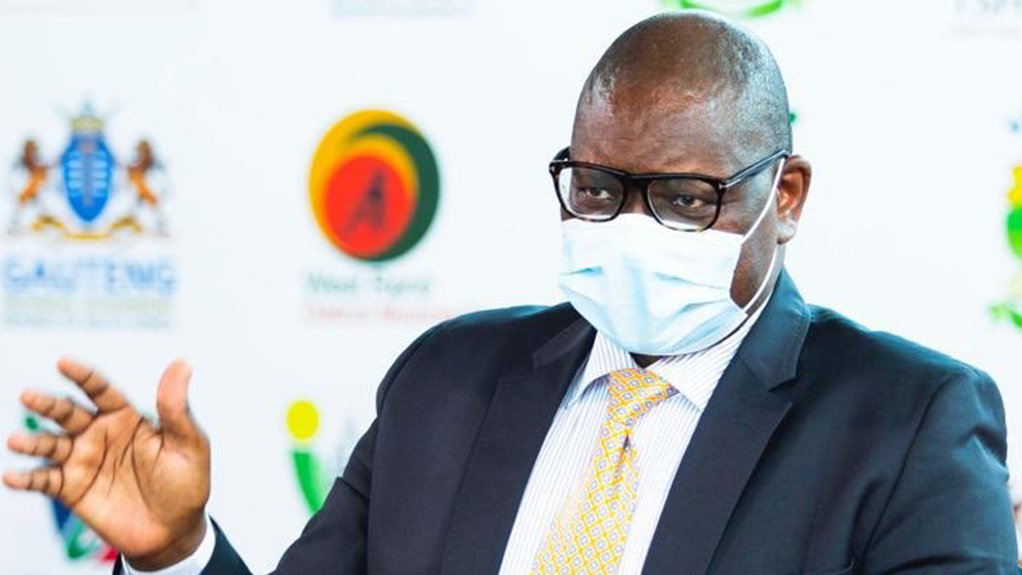Gauteng Premier David Makhura has warned that if more people don't have themselves vaccinated voluntarily, mandatory orders could be implemented.
Speaking during an update on the province's Covid-19 situation, the premier lamented the low vaccination turnout.
So far, more than seven-million people in Gauteng are vaccinated. There are 755 210 people who have still not shown up for their second Pfizer jabs. The West Rand has the highest vaccination rate at 45%.
This week, the province vaccinated an average of 500 000 people a day, Makhura said.
He said the low vaccination levels were worrying, especially because the province is recording the highest number of new daily Covid-19 cases as the country moves towards a fourth wave of infections.
"The best thing is to persuade people first and foremost to take responsibility for their health, and that is what we are doing. We are seeing that more people are coming out. We want to persuade more people to come voluntarily. [With] mandatory vaccination, you only go there when you see that the risk is still very high for everybody.
"Here in Gauteng, we still have eight-million people who are not vaccinated. If we end up with more people not vaccinated, mandatory vaccination might be the only option we have for the sake of all of us."
On Sunday, President Cyril Ramaphosa announced that he had set up a team to look into whether mandatory vaccination is a viable option.
Makhura said it was important to vaccinate as many people as possible before the festive season.
"Our province is at the cusp of the fourth wave. With the new variant, we are the principal focus. We need to catch people here in Gauteng and get them vaccinated. We don't want people to be carrying this variant to other provinces, especially those who are not vaccinated. The only way to beat the fourth wave is that we now have more vaccines than we have ever had before."
Omicron
The chairperson of the Gauteng premier's advisory committee, Dr Mary Kawonga, announced that the Omicron variant of the virus that causes Covid-19 was the dominant variant in the province.
"A lot of work is going on to determine the severity of Omicron. Currently there is no evidence that the SARS-CoV-2 vaccines we use against the disease will not work against Omicron."
Technically, the province is not in a new wave, but residents need to behave like they are in one, according to Kawonga.
Kawonga added that early hospitalisation data indicated that people under 40 were making bigger contributions to hospitalisation figures.
Hospitalisation rates were lower in the over-60s cohort. This, Kawonga and her team said, might be because of lower vaccination rates among people in younger age groups.
On Wednesday, the province recorded 6 168 new daily cases. This was higher than the number of recorded cases during the peaks of the second and third waves.
Professor Bruce Mellado said: "We are experiencing levels of acceleration we have not seen in the past."
He added that a peak was expected in the second week of December.
"The peak of the resurgence is not the end of the resurgence. We are still going to see community transmission into January. We are going to have very large numbers still in January."
Makhura said that despite the worrying increase in case numbers, the province was prepared.
"We are getting ready for the worst but there is no need to panic. We are not panicking but we are deeply worried about those who are not coming forward for their jabs. We are worried about the rapid rise … and we want to prepare for the worst. We have learnt."
EMAIL THIS ARTICLE SAVE THIS ARTICLE
To subscribe email subscriptions@creamermedia.co.za or click here
To advertise email advertising@creamermedia.co.za or click here











